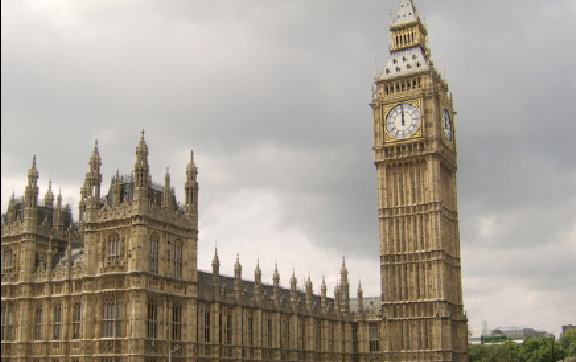Hove’s Labour MP, Peter Kyle, has said he will vote against triggering Article 50 in Parliament next spring.
The remarks come after Shadow Chancellor John McDonnell clarified Labour will not seek to block Article 50 – the legal mechanism by which the UK will begin the process of leaving the European Union.
Mr McDonnell said “we must not seek to re-fight the referendum…if Article 50 needs to be triggered in Parliament, Labour will not seek to block or delay it”.
Speaking to the Argus, Mr Kyle, MP for Hove and Portslade, said many Labour MPs would be “putting their constituencies first” and “thinking in an independent way” over the vote.
Mr Kyle’s comments cut to the key question for MPs; whether they will vote with the national referendum vote, with their constituency vote, or with their own views.
Brighton and Hove voted 68.6 per cent to remain in the European Union, one of the highest percentages in England, arguably giving Brighton MPs such as Kyle a mandate to vote against Article 50 on the basis of representing their constituency.
The MP for Brighton Pavilion, Caroline Lucas, has indicated she may do the same.
Responding to McDonnell’s speech on November 15, Ms Lucas tweeted: “The government must not have unconditional support for a hard Brexit”, and that moral pressure, as proposed by Mr McDonnell, without serious political opposition would not be enough to influence the terms of withdrawal from the European Union.
Speaking to The Badger in October, Ms Lucas added: “I don’t think the government can credibly claim an overwhelming majority … [for] leaving the single market, ending all free movement, and all of the loss of the environmental and social protection”.
She also said to The Argus: “It is down to us as MPs to look closely at the deal that’s on the table before throwing our weight behind the government’s plans”.
However, Conservative MP for Kemptown and Peacehaven and Economic Secretary to the Treasury, Simon Kirby, says there is a national mandate to leave the European Union, and if Parliament is asked to trigger Article 50 it must do so.
The government had planned to trigger Article 50 by March next year but it is not clear whether the High Court ruling that parliament must vote on it will affect that timetable.
The government is currently appealing that ruling to the Supreme Court.
MP’s final decisions on how to vote will depend on the precise terms put to parliament at that time.
Picture Credit: Wikimedia Commons

